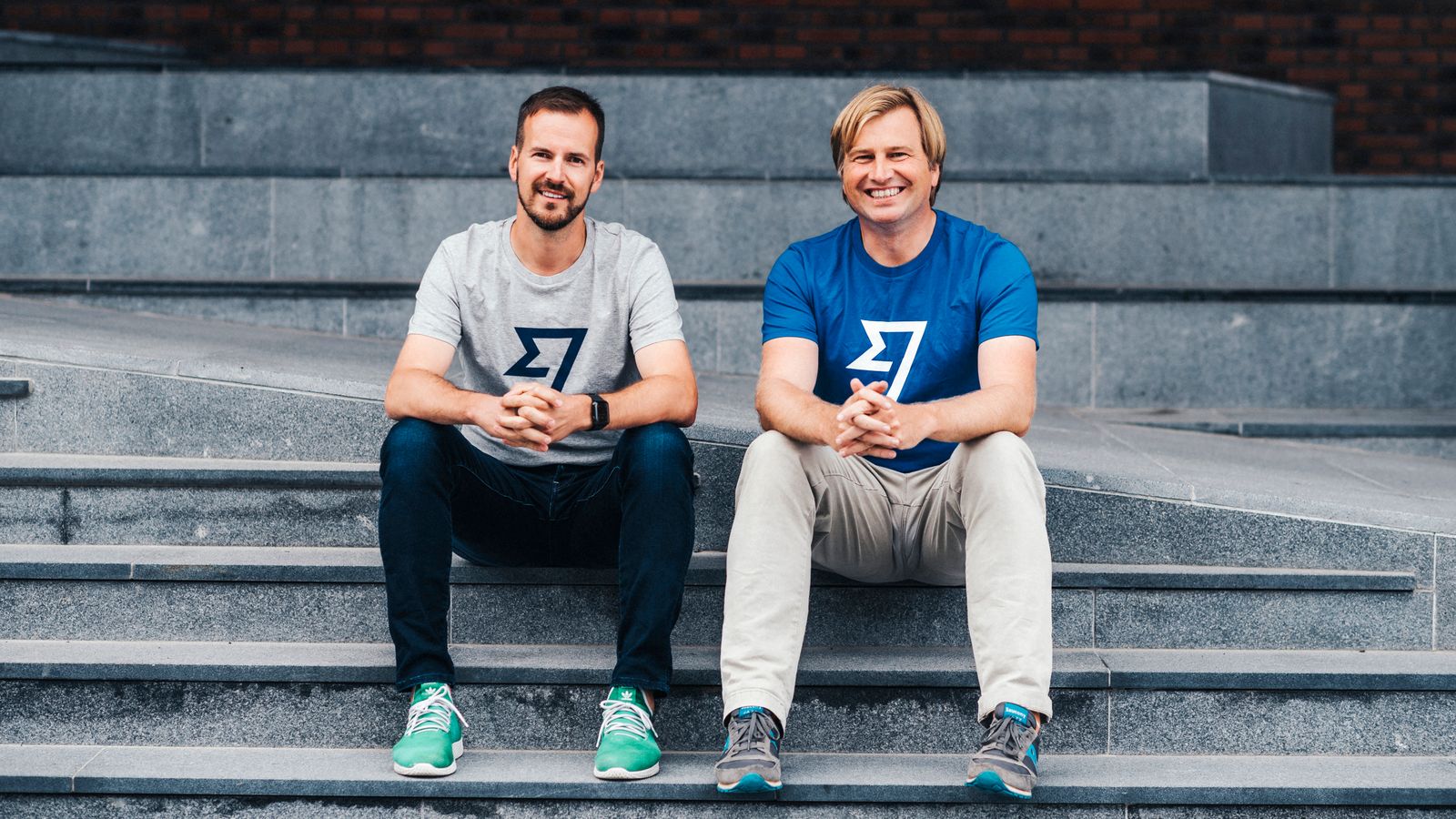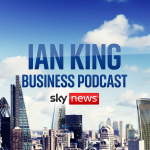Britain’s most prominent institutional investor in the world’s biggest technology companies has endorsed a decision by the founders of Wise, the fintech app, to pursue a public listing which will give them super-sized voting rights.
Sky News can reveal that Baillie Gifford – which has made huge sums for long-standing clients from bets on companies such as Amazon, Apple and Tencent – is backing Wise’s dual-class share structure following controversy at other London-listed tech companies.
In a statement on Thursday to coincide with Wise’s confirmation of plans for a direct listing on the London Stock Exchange, Baillie Gifford said the flotation would “give more investors an opportunity to be part of the Wise journey, supporting a world-class company and team”.
The Edinburgh-based fund manager, whose star stock-picker, James Anderson, manages the FTSE-100’s only investment trust, said Wise’s dual-class share structure was “integral” to the company’s ongoing ability to “maintain its focus on customers because that’s what makes it special”.
“We believe the listing will provide an investment opportunity for existing and new shareholders with long-term horizons, whilst ensuring that those who have built Wise over the past decade continue to steer the company to success.
“Companies get the shareholders they deserve,” Baillie Gifford added.
“Investing in Wise through this share class structure will not suit everyone but it will help the firm build a supportive shareholder base that is aligned to its customers, long-term interests and ambitious plans.
“Alignment within a shareholder base can be a business’ greatest strength and its absence its greatest weakness.
“We look forward to being partners alongside new investors who appreciate the qualities in Wise as a business and the philosophy guiding how it is run.”
Please use Chrome browser for a more accessible video player
Baillie Gifford’s ringing endorsement of the governance structure developed under Taavet Hinrikus and Kristo Kaarmann, Wise’s co-founders and – respectively – chairman and chief executive, follows days of negative media coverage which engulfed Deliveroo’s initial public offering earlier this year.
A string of prominent fund managers queued up to explain why they would not invest in the food delivery app, with its dual-class share structure among their primary objections.
Sky News revealed earlier this week that Wise had drawn up plans to unveil this week a flotation that will cement its status as one of Britain’s most valuable start-ups of the last decade.
The public market debut of Wise, which now boasts more than 10 million customers and transfers £5bn on their behalf every month, could value it at well over £5bn and up to £9bn, according to investors.
Early shareholders in the company, including Sir Richard Branson and Andreessen Horowitz, one of Silicon Valley’s leading investment firms, will see part of their holdings converted into a new class of shares carrying 10 times the voting rights of ordinary shares.
Baillie Gifford itself led Wise’s Series D funding round in 2016 and has been a shareholder in the company since then – so will be among the beneficiaries of the dual-class structure.
Wise has grown into an international payments giant, offering transfers in 56 currencies and now employing close to 2,500 people.
Its decision to go public in London – despite a push from some of its newest investors to float in New York – will delight British politicians during a period of intense debate about London’s attractiveness as a listing destination for technology companies.
A government-commissioned review published earlier in the year by Lord Hill, the former EU commissioner, recommended reforms aimed at liberalising governance structures to draw more overseas companies to the UK.
It is also aimed at preventing British “unicorns” – companies worth at least $1bn – from listing overseas, an ambition which has been damaged by the wave of US-based special purpose acquisition companies (SPACs) luring businesses such as Cazoo and Vertical Aerospace onto US markets.
Deliveroo and Alphawave have seen their shares struggle since going public, while the cybersecurity company Darktrace slashed its valuation ambitions in order to get its float away.
This week, the online furniture retailer Made.com priced its IPO at the bottom of the price range.
Wise’s dual-class share structure will mean it is not eligible for inclusion in the London market’s premium listing segment or indices.
A direct listing, or introduction as it is often called in the London market, remains comparatively rare for capital-hungry technology companies which routinely use IPOs as a way of strengthening their balance sheets.
Wise is working with Goldman Sachs and Morgan Stanley on the flotation.
Mr Hinrikus and Mr Kaarmann, who were born in Estonia, set the company up amid frustration about the cost of sending money overseas.
A flotation will make them both paper billionaires given that they are thought to own roughly 40% of Wise between them.
The company became a “unicorn” – a tech start-up worth at least $1bn – in 2015, and is more richly valued than other British fintech champions such as Oaknorth, the digital bank, which has raised hundreds of millions of pounds from SoftBank’s Vision Fund.






















